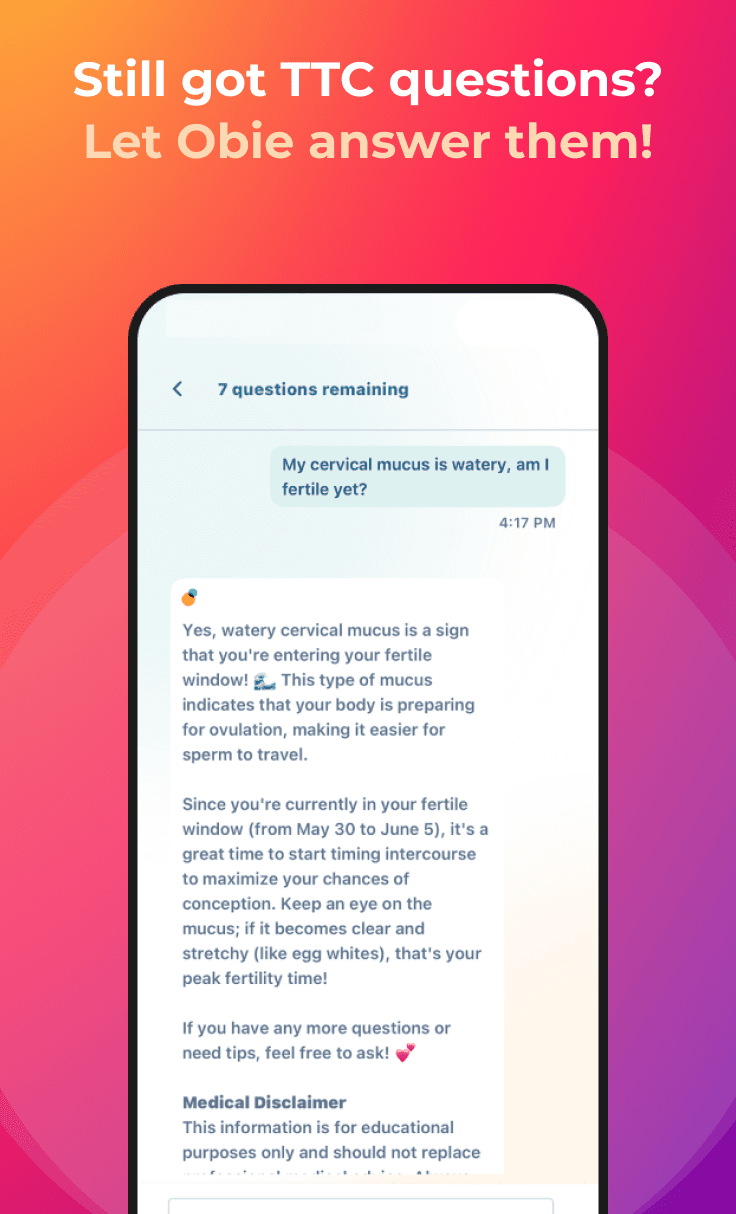Home Pregnancy Test vs. Pregnancy Test at Doctor
Prenatal Testing
Obie Editorial Team
What is the difference between a urine home pregnancy test and a pregnancy test at my doctor's office?
A missed period is often the first clue that a woman might be pregnant. But doing a pregnancy test will confirm her suspicion.
Sometimes, a woman might suspect she is pregnant even sooner. Symptoms such as headache, fatigue, and breast tenderness, can occur even before a missed period. The wait to know can be emotional. These days, many women first use urine home pregnancy tests (HPT) to find out. The same urine tests can be done also in your doctor's office, or your doctor can do a blood pregnancy test
How do pregnancy tests work?
All pregnancy tests, whether they check the urine or the blood, work by detecting a special hormone in the urine or blood that is only there when a woman is pregnant, the hCG, or human chorionic gonadotropin. hCG is made by the placenta and picked up by a woman's blood after the embryo implants in the uterus. In the blood, hCG can be detected, and it can also be detected in the urine after it has been excreted from the blood through the kidney into the urine. Urine pregnancy tests work by placing urine on an indicator that shows if there is hCG present in the urine or not.
Urine home pregnancy tests (HPT)
Home urine pregnancy tests are relatively inexpensive and can be bought in drug stores, pharmacies, or online. HPTs are private and easy to use. Most drugstores sell HPTs over the counter. The cost depends on the brand and how many tests come in the box. The bottom line is that they are sensitive in picking up the hCG. Urine pregnancy tests work by detecting hCG in your urine.
How accurate are urine home pregnancy tests?
Urine home pregnancy tests are very accurate and their accuracy depends on many things including:
- When you use them – Urine home pregnancy tests usually become positive when there is enough of the pregnancy hormone in the urine, usually about 12-14 days after ovulation/fertilization, within 5 days or so after implantation, or around the time of your expected menstrual period.
- The sensitivity of a pregnancy test - Some HPT tests are more sensitive than others in detecting the small amounts of hCG in the urine. High-sensitivity urine pregnancy tests are more common and typically detect hCG levels between 20-50 milli-international units/mL (mIU/mL). A pregnancy test that detects 20 mIU/ml detects a pregnancy potentially earlier than a test detecting 50 mIU. If you use the most sensitive urine pregnancy tests, reading an hCG level of 15-25 mIU as positive, urine pregnancy tests are usually the same, whether they are done at home or in the doctor's office.
- A negative result 1 week after the missed period more likely than not indicates that the woman is not pregnant.
Follow instructions
The most important part of using any HPT is to follow the directions exactly as written. Most tests also have toll-free phone numbers to call in case of questions about use or results. If an HPT says you are pregnant, you should call your doctor right away. Your doctor can use a more sensitive test along with a pelvic exam to tell for sure if you're pregnant. Seeing your doctor early on in your pregnancy can help you and your baby stay healthy.
Pregnancy tests in the doctor's office
A doctor's office can do both urine or blood pregnancy tests. The urine pregnancy tests done in the doctor's office are usually similar to the home urine pregnancy tests that you can buy yourself. They show similar results.
What is a blood hCG pregnancy test?
Blood pregnancy tests are done only in a doctor's office or a laboratory. They can pick up hCG earlier in a pregnancy than urine tests can, usually 2-3 days earlier. Blood tests as compared to urine tests are "quantitative" tests. While a urine pregnancy test only gives you a "positive" or "negative" result, the quantitative test will provide a number, the amount of hCG. A quantitative blood test (or the beta hCG test) measures the exact amount of hCG in your blood. So it can find even tiny amounts of hCG. This makes it very accurate.
Measuring the hCG in your blood in mIU/ml over time can show if the pregnancy is normal or not.
Read More










